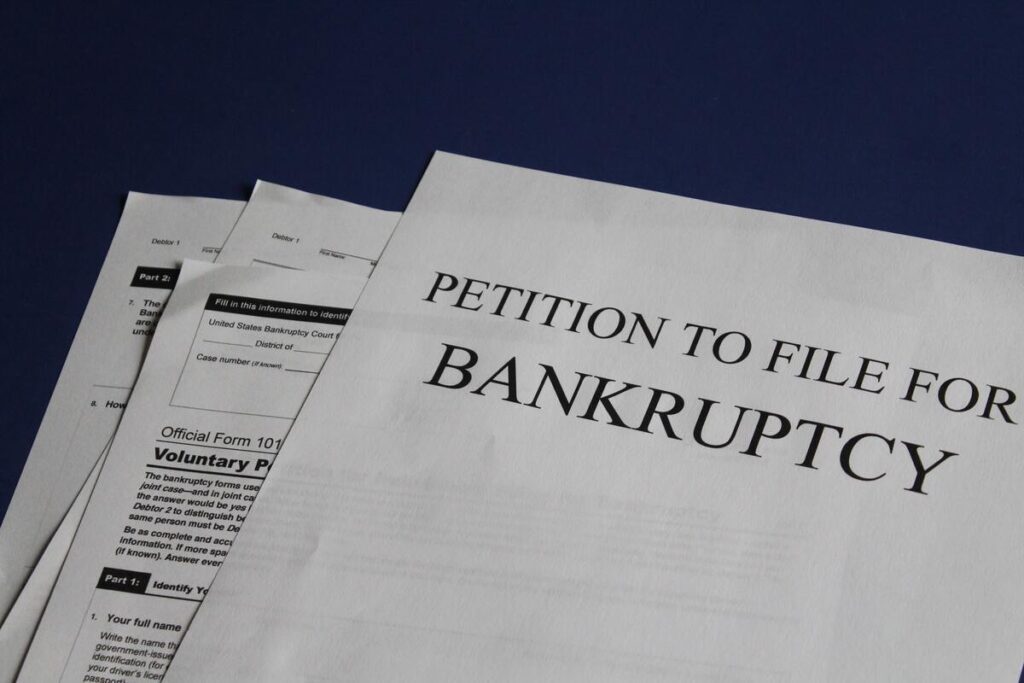The United States courts report that personal and business bankruptcy filings have steadily decreased. According to analysts, the US court systems saw a 27.9% and 29.1% reduction in bankruptcy for business and non-business filings, respectively. It’s a promising reduction compared to the numbers from the height of the pandemic last year.
In 2021, approximately 310,597 Chapter 7 bankruptcies were filed throughout the USA. Florida took 2.37% of this national total with 7,385 filings.
The Bankruptcy Law Offices of James Schwitalla, PA have advised and assisted many clients with their filings for Chapter 7 bankruptcy in Florida, ensuring that they are fully aware of what the process means.

Defining Chapter 7 Bankruptcy
Bankruptcy refers to how your debts outweigh your personal assets. There are six bankruptcy chapters, with various conditions and requirements for each one.
Chapter 7 bankruptcy is one of the most powerful solutions for debt elimination in the country and also one of the most common. In this type of bankruptcy, specific non-exempt assets are liquidized. The proceeds are then given to your creditors to pay off your debts. Assets affected include secondary or non-primary real estate, vehicles, and personal belongings.
Pros of Chapter 7 Bankruptcy

Most debts are discharged
According to the Florida Bar, most debts can be eliminated by this form of bankruptcy. Only a few types of debt, such as recent tax debt and back child support payments, are non-dischargeable under a Chapter 7 bankruptcy.
Permanent protection
The discharged debts get automatic stay protection. Creditors are banned from taking collection action on them through this filing. Additionally, it issues a permanent ban against most creditors. Only support obligations and taxes are typically nondischargeable.
Quick processing
It takes less time to process a Chapter 7 bankruptcy than other procedures. It often requires only a few months to complete a Chapter 7 filing, while with other types of bankruptcy, it can take as long as five years to arrive at a resolution.
No future obligations
Once their assets have been liquidated, the debtor is no longer obligated to pay creditors further. As the immediate stay order and permanent protections are in place, the debtor can start earning after the case is over.
Cons of Chapter 7 Bankruptcy
Not all debts discharged
Child support payments, taxes, student debt, debts incurred after bankruptcy, and criminal fines are not eliminated by a Chapter 7 filing. You must consider the types of debt you have accrued and decide how much will get expunged by the filing, and which ones will remain.
Public record
While the filing offers a more solid financial position afterward, the bankruptcy will remain a matter of public record. Anyone who does a background check on you may be able to find it. It may affect the perception of your character.
Impact on credit score
Your credit score will also get impacted. For example, you currently have a credit score below 600. Should you file a Chapter 7 bankruptcy, expect this score to rise beyond at least 800. This can and will affect many future financial transactions you’ll have.

Manage Your Bankruptcy Procedures with Professional Help
Filing for bankruptcy is a difficult decision for anyone to make; it’s a significant life decision that can affect your future credit, reputation, and overall morale. Give yourself the best chance of recovery by hiring professionals to manage your bankruptcy procedures.
The Bankruptcy Law Offices of James Schwitalla, PA can make a Chapter 7 bankruptcy process less stressful by guiding you every step of the way, from the bankruptcy petition to objection to exemptions and adversary claims. We will work hard to provide you with the best possible resolution tailored to your case and financial situation. Contact us today for a consultation, or read more about our firm
